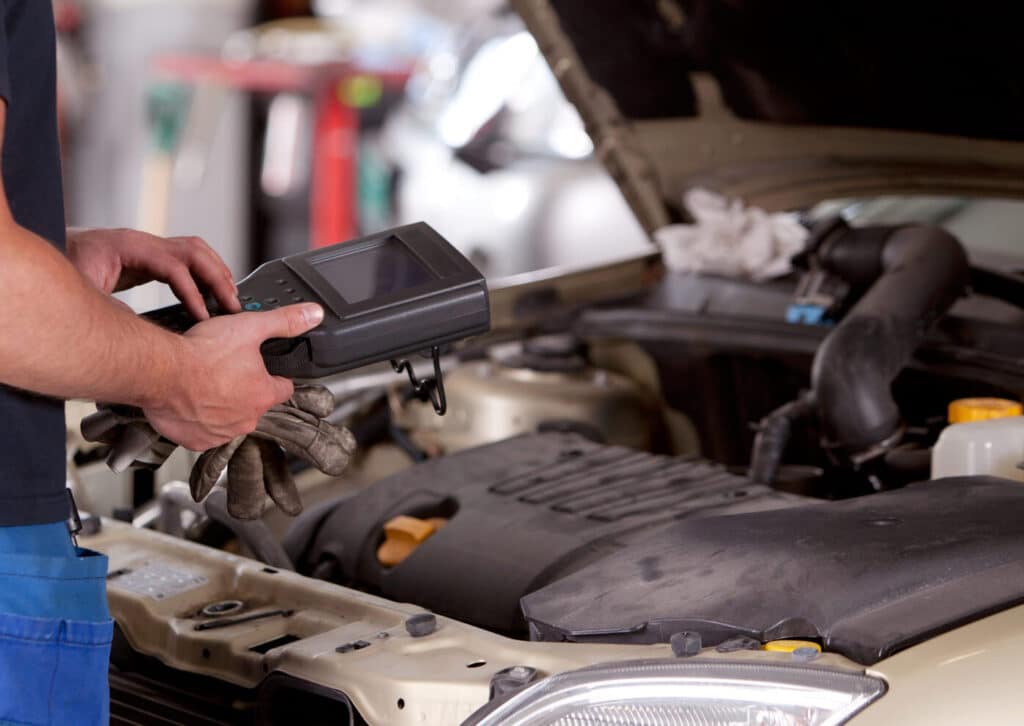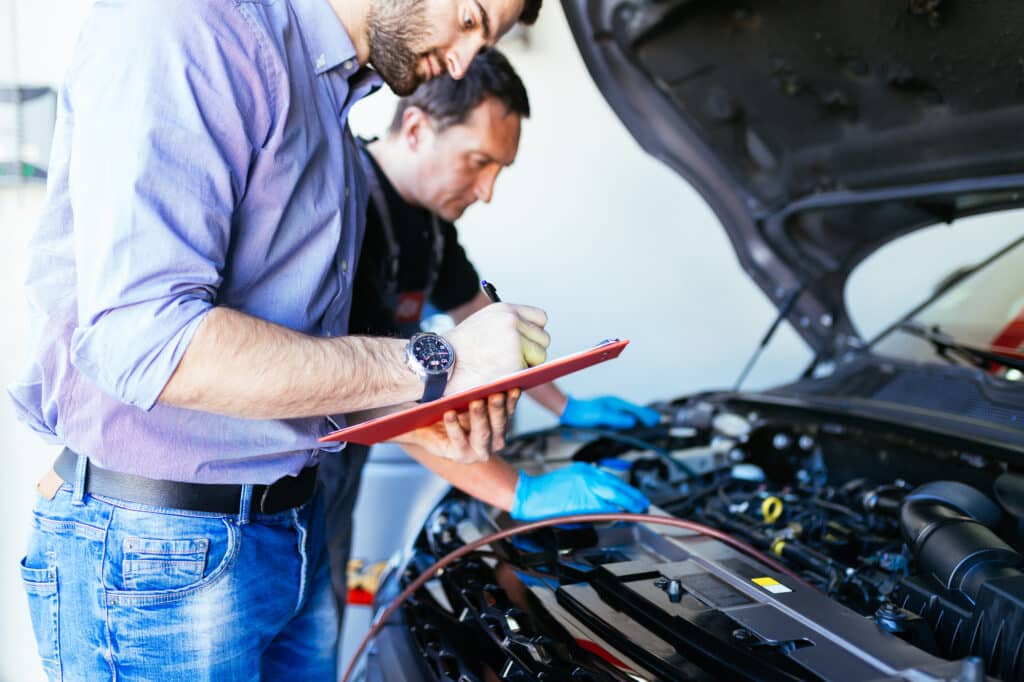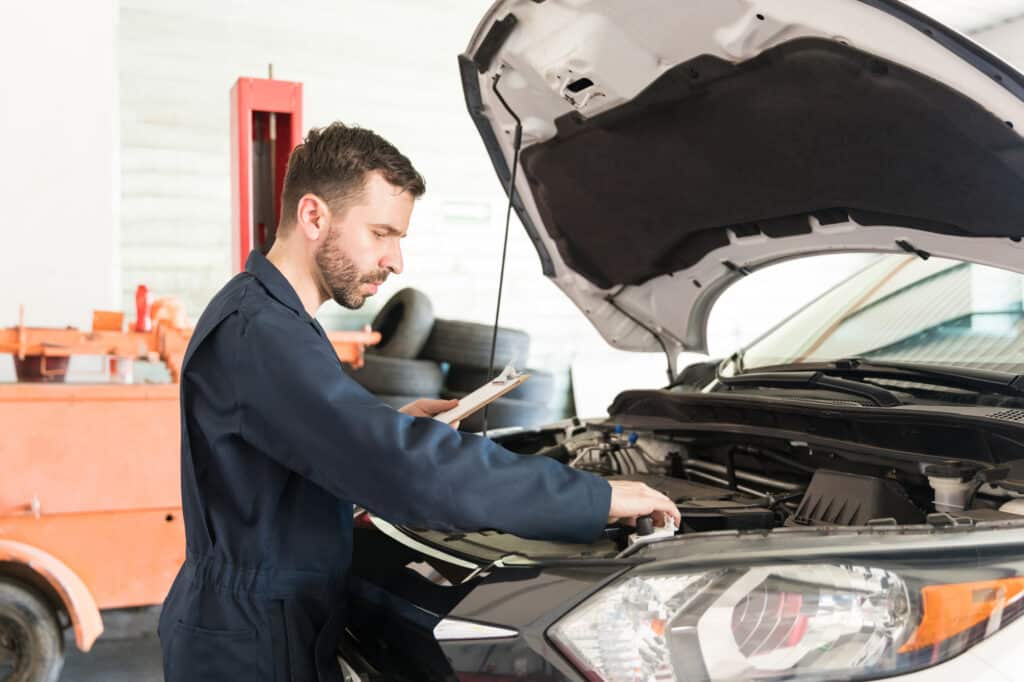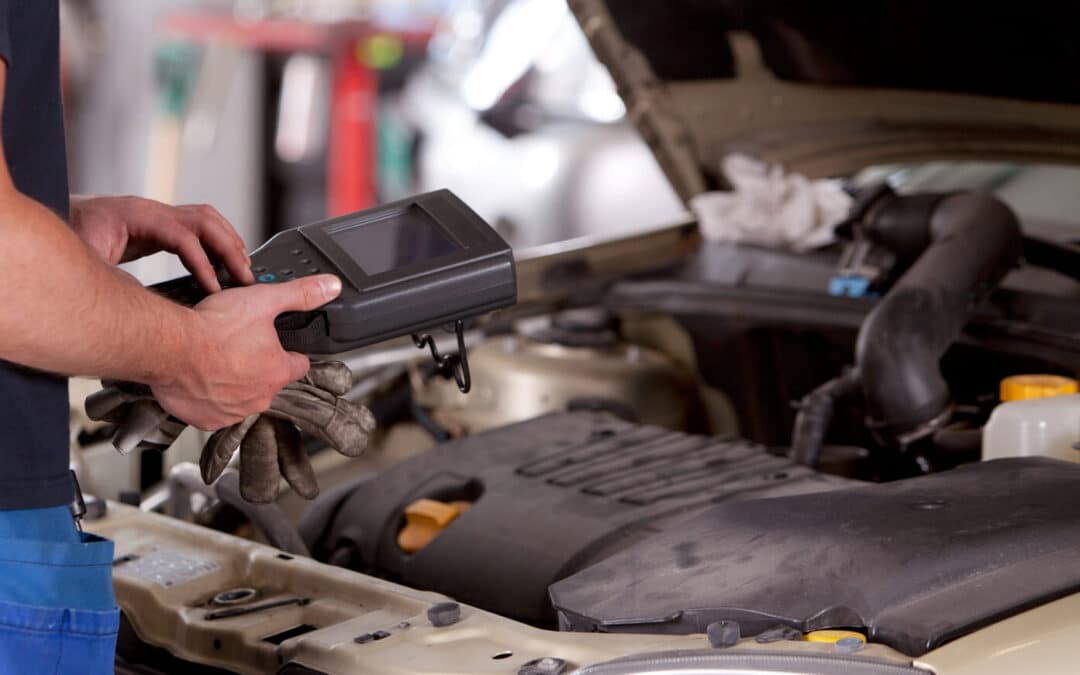Engine Maintenance Tips: Keeping Your Car Running Smoothly All Year Round
Did you know that over $4 billion is spent annually in the United States on engine repairs and replacements? Many of these costly issues could be avoided with routine engine maintenance. That’s why taking care of your car’s engine is crucial not only for your wallet but also for your safety and peace of mind.
A well-maintained engine leads to a longer vehicle lifespan, better performance, and improved safety. Your engine is the heart of your car, and neglecting it can shorten the life of your vehicle and result in expensive, stressful breakdowns.
This guide will walk you through practical and effective engine maintenance tips. From understanding the key components of your engine to seasonal checks, you’ll be armed with the knowledge to keep your car running in peak condition all year. Let’s get started!
Understanding Your Engine: The Heart of Your Vehicle
Your engine is the heart of your vehicle, a complex masterpiece of engineering with interconnected parts working in perfect harmony. Knowing its key components and functions is your first step toward proper care and maintenance.
Meet the Team: Basic Engine Components
Imagine your engine as a team of essential players, each with a crucial role:
- Pistons: These cylindrical dynamos move up and down, transforming fuel combustion into power.
- Valves: The gatekeepers of your engine, they regulate air and fuel intake while managing exhaust emissions.
- Camshaft and Crankshaft: These synchronize valve operation and piston movement, ensuring your engine runs smoothly.
When one of these players falters, the whole system can suffer. Understanding their roles helps you appreciate their importance.
Troublesome Tactics: Common Engine Problems
Engine issues often sneak up gradually, but being informed can make all the difference:
- Overheating: Often due to low coolant levels or a faulty thermostat, overheating can cause severe damage.
- Oil Leaks: Worn seals or gaskets lead to leaks, reducing lubrication and increasing friction-related damage.
- Ignition Issues: Faulty spark plugs or poor fuel systems can cause misfires or make starting difficult.
Recognizing these problems early means taking action before they escalate.
The Power of Knowledge
Familiarizing yourself with engine basics empowers you to spot warning signs and communicate effectively with your mechanic. The more you understand your engine, the better care you can provide, ensuring your vehicle remains reliable and efficient for years to come.

Engine Maintenance Service
Air Filter Maintenance: Ensuring Optimal Performance
To keep your car’s engine running smoothly, it requires a steady supply of clean air. That’s where the air filter plays a crucial role. Acting as a gatekeeper, the air filter prevents dirt, dust, and debris from entering the combustion chamber, allowing your engine to burn air and fuel efficiently. With a clean air filter, you’ll experience better acceleration, improved fuel efficiency, and a smoother ride.
Why Air Filters Matter
Imagine trying to breathe through a straw while running—it’s not easy. Similarly, a clogged air filter can suffocate your engine, leading to sluggish performance and decreased fuel economy. Ensuring your air filter is clean is essential for maintaining optimal engine function.
Recognizing When to Replace Your Air Filter
Not sure if your air filter needs changing? Watch for these telltale signs:
- Sluggish engine performance or reduced power
- Diminished fuel economy
- Difficulty accelerating or an unresponsive throttle
These issues can often be traced back to a dirty air filter, signaling it’s time for a replacement.
When to Replace Your Air Filter
Most manufacturers suggest replacing the air filter every 12,000 to 15,000 miles. However, if you frequently drive in dusty or polluted areas, you may need to replace it more often. At Pyle Automotive, our skilled engine experts can inspect and replace your air filter as needed, ensuring your engine gets the clean air it requires for peak performance.
Keep an Eye on Coolant Levels: Prevent Overheating
Your engine’s unsung hero, coolant, plays a crucial role in maintaining its temperature and preventing overheating. Understanding the importance of coolant and how to properly maintain it can save you from costly repairs in the future.
Why Coolant Matters
Coolant, commonly known as antifreeze, absorbs heat from the engine and dissipates it through the radiator. Without it, your engine is at risk of overheating, which can lead to serious and potentially irreparable damage.
How to Inspect Your Coolant
Regular inspection of your coolant is essential. Start by ensuring the engine is cool; opening the coolant cap on a hot engine can be dangerous. Once the engine is safe to handle, check the coolant reservoir. The fluid should be bright in color—green, pink, or orange—and free from debris or sludge. Also, inspect for any signs of leakage around hoses and the radiator, as these could indicate problems needing immediate attention.
The Importance of Flushing and Refilling
Over time, coolant loses its effectiveness. It’s wise to perform a coolant flush every 30,000 miles or as your owner’s manual recommends. This process involves draining out the old coolant, which can contain rust or contaminants, and refilling the system with fresh fluid. This simple maintenance task ensures your engine runs smoothly and efficiently.

Auto Engine Maintenance Service
Spark Plugs: Ignition to Performance
Spark plugs may be small, but their role is mighty. They ignite the air-fuel mix in your engine, creating the controlled explosions that power your car.
Function of Spark Plugs
Efficient spark plugs ensure smooth engine starts, strong acceleration, and optimal fuel efficiency. Worn-out plugs, however, can lead to poor performance and even engine misfires.
Signs of Wear
- Rough idling or difficulty starting your car.
- Misfiring during acceleration.
- Reduced fuel economy.
Choosing the Right Spark Plugs
Not all spark plugs are created equal. Options like copper core, platinum, or iridium plugs cater to different engine types and needs. At Pyle Automotive, our ASE-certified mechanics ensure you get the right plug for your engine and install them with expert precision.
Battery Care: Powering Your Vehicle’s Heart
The Importance of Battery Maintenance
A well-maintained battery is vital for ensuring strong engine starts and powering all the electronic features in your vehicle. Over time, however, batteries can corrode or lose their charge, potentially leaving you stranded at the worst moment.
Routine Checks to Keep Your Battery Healthy
Regular maintenance of auto engine is key to prolonging your battery’s life. Here are some simple steps to ensure your battery stays in top condition:
- Clean the Terminals: Prevent corrosion by regularly cleaning your battery terminals with a mixture of baking soda and water. A clean battery connection ensures efficient power flow.
- Regular Testing: Testing your battery regularly can help you catch issues before they become major problems. Our skilled technicians at Pyle Automotive are here to assist with professional battery checks.
- Inspect for Bulging or Leaks: A visual inspection can reveal signs of trouble. Look out for any bulging, cracks, or leaks, which may indicate it’s time for a replacement.
Recognizing Signs of Battery Failure
Stay alert for warning signs that your battery might be failing. Dim lights, a slow engine crank, or that dreaded “click” when you turn the key can indicate your battery is on its last legs. Don’t wait until it’s too late—address these issues promptly to avoid unexpected breakdowns.
How Pyle Automotive Can Help
At Pyle Automotive, we understand how overwhelming car maintenance can feel. That’s why we’re here to take the stress out of keeping your engine in top shape.
Trusted Mechanics
Our team of ASE-certified technicians has decades of experience diagnosing and fixing engines. Whether it’s a routine tune-up or a complex repair, you can count on expertise you can trust.
Expert Services
From oil changes to coolant flushes, spark plug replacements, and battery checks, we provide comprehensive engine maintenance services that keep your car running smoothly.
Preventative Maintenance Plans
Looking to save time and money? Our preventative maintenance plans are tailored to your car’s needs, ensuring routine care is automated and your vehicle stays in peak condition all year long.

Auto Engine Service
Seasonal Maintenance Tips for Year-Round Performance
Changing seasons can take a toll on your engine. That’s why it’s crucial to adjust your maintenance routine throughout the year.
Winter Preparation
- Switch to winter-grade oil for easier cold starts.
- Ensure antifreeze levels are adequate.
- Check your battery capacity—it works harder in cold weather.
Summer Readiness
- Inspect belts and hoses for cracks or wear.
- Test your air conditioning system.
- Ensure your cooling system is functioning properly to combat heat.
Year-Round Checklist
- Regular oil changes.
- Routine inspections of belts, hoses, and fluids.
- Tire checks for proper inflation and tread depth.
Prioritize Your Engine’s Health Today!
A well-maintained engine means a safer, more reliable car for you and your family. Don’t neglect essential maintenance tasks that could save you from costly repairs down the road. Trust Pyle Automotive to keep your engine running at its best all year long. Contact us today to schedule your next service! Keep up with regular maintenance on your engine is crucial in ensuring safe and efficient operation of your vehicle. From inspecting and flushing coolant to replacing spark plugs and caring for your battery, there are many steps you can take to keep your engine performing at its best. In this section, we will discuss the importance of these maintenance tasks and how Pyle Automotive can assist in keeping your engine healthy.
https://www.google.com/maps?cid=6320892374453977035

